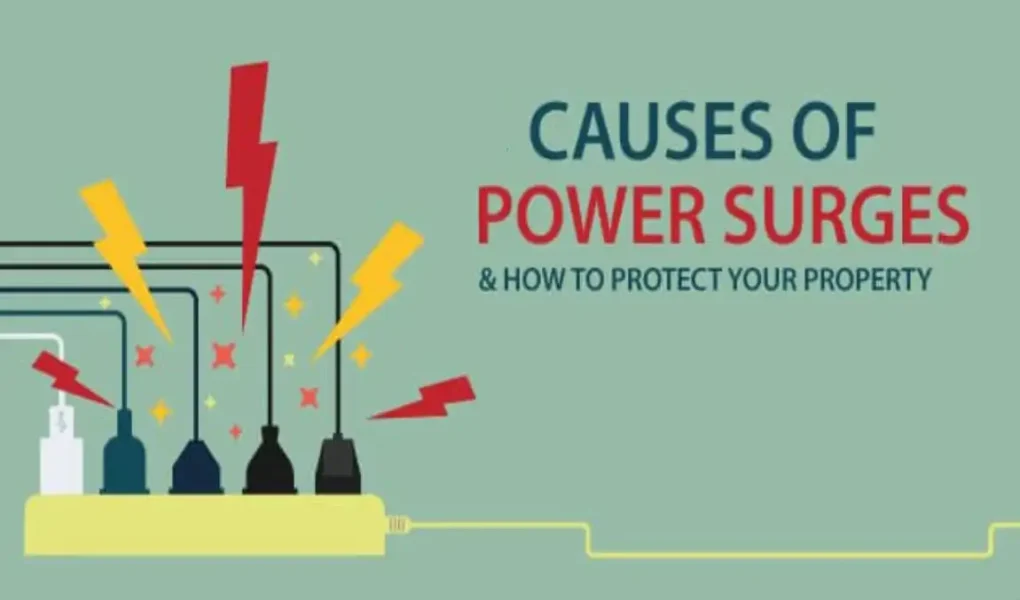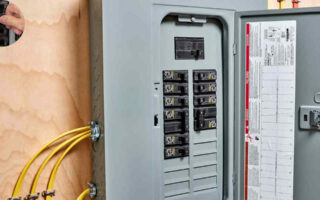Have you ever noticed your lights flickering out of nowhere, or maybe your computer suddenly shuts down without warning? These could be signs of power surges in your home, and they’re more common than you might think. Power surges happen when there’s a sudden spike in electrical voltage, and they can wreak havoc on your appliances and gadgets.
Understanding why my house’s power surges is crucial because it helps you protect your valuable electronics, avoid costly repairs, and even prevent safety hazards like fires. Imagine losing your brand-new TV or fridge just because of a quick burst of extra electricity—it’s frustrating, right? That’s why this article dives deep into the topic.
We’ll explore the common causes behind these electrical hiccups and share quick, effective fixes you can try right away. By the end, you’ll feel empowered to tackle the issue head-on. Please stick with me, and let’s get to the bottom of why your house might be experiencing these surges.
What Is a Power Surge?
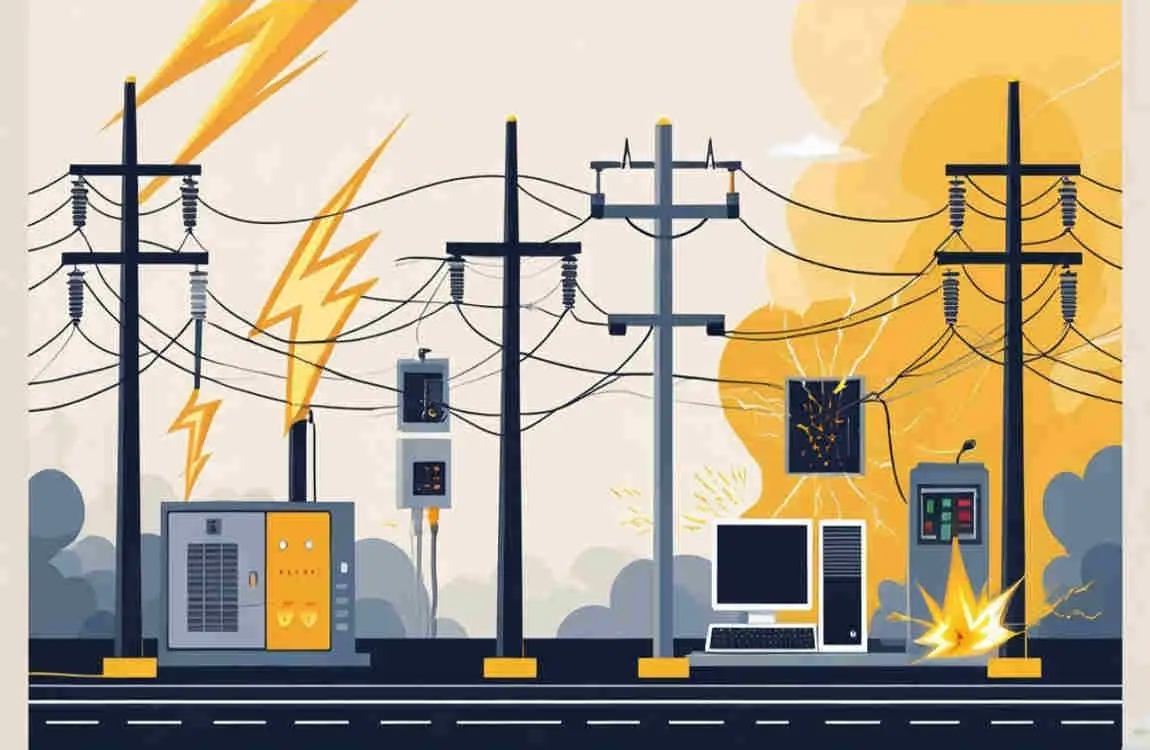
Let’s start with the basics: what exactly is a power surge? Think of it as a sudden rush of extra electricity flowing through your home’s wiring. In technical terms, it’s a voltage spike—a brief but intense increase in the electrical current that powers your lights, appliances, and devices.
Power surges can last just a fraction of a second, but that’s enough time to damage sensitive electronics. For example, your smartphone charger or microwave might handle normal voltage fine, but a surge could fry their internal circuits. It’s like giving your gadgets an unexpected jolt they weren’t built for.
Now, confuse a power surge with other electrical issues, like a brownout or blackout. A brownout is when the voltage drops low, making lights dim and appliances run sluggishly—it’s the opposite of a surge. A blackout is a complete power outage, often caused by a storm or a grid failure. Surges are sneaky because they can happen without any apparent signs until something breaks.
Why should you care as a homeowner? Power surges aren’t just annoying; they pose real safety risks. They can overheat wires, leading to electrical fires, or shorten the lifespan of your expensive home tech. I’ve seen friends replace entire home theater systems after ignoring these spikes—don’t let that be you! Recognizing surges early keeps your home safe and your wallet happy.
Common Causes of Power Surges in Homes
Power surges don’t just appear out of thin air; there are everyday reasons behind them. Let’s break this down so you can pinpoint what’s happening in your own home. By understanding these causes, you’ll be better equipped to prevent them.
Lightning Strikes and Storms
One of the most dramatic culprits is Mother Nature herself. When lightning hits nearby power lines or even your home, it sends a massive voltage spike through your electrical system. Storms don’t even need direct strikes—strong winds or heavy rain can disrupt utility lines, causing surges.
Picture this: You’re cozy inside during a thunderstorm, and bam—a surge zaps your outlets. It’s common in areas with frequent bad weather, and it explains why surges spike during rainy seasons. If you’ve ever wondered why my house’s power surges during a storm, this is often the answer.
Faulty or Outdated Wiring
Your home’s wiring is like its nervous system, and if it’s old or damaged, problems arise. Faulty wiring—think frayed cables or loose connections—can create resistance, leading to uneven electricity flow and surges.
Homes built decades ago might not handle the demands of modern appliances, leading to system overload. Have you added a new air conditioner lately? That could strain outdated wires. Regularly check for wear and tear; ignoring it might lead to bigger issues down the line.
High-Powered Appliances Turning On/Off
Big appliances like your air conditioner, refrigerator, or HVAC system draw a lot of power when they kick on. This sudden demand can cause a mini-surge as the electricity rushes to meet it.
It’s like a traffic jam on your electrical highway—everything bottlenecks, and voltage spikes. Even when these devices are turned off, the release can still jolt the system. If your lights dim every time the fridge hums to life, that’s a clue.
Utility Grid Switching and Fluctuations
Sometimes, the problem starts outside your modern home. Utility companies switch power sources or perform maintenance, which can cause brief fluctuations in the grid. These grid switches send ripples through neighborhoods, leading to surges.
In areas with unreliable power supply, this happens more often. Ever notice surges during peak hours? That’s the grid struggling to keep up with demand.
Electrical Shorts or Damaged Circuits
An electrical short occurs when wires come into contact, creating a path for electricity. This can happen from pests chewing on cables or water damage in the walls.
Damaged circuits amplify the issue, sending uncontrolled voltage spikes. It’s dangerous because shorts can spark fires—definitely something to watch for if surges are frequent.
Power Outages and Sudden Restorations of Electricity
After a blackout, when power rushes back, it often comes in a big wave. This sudden restoration overloads your system, causing a surge.
It’s like flipping a switch after hours of darkness—the electricity floods in too fast. If outages are common in your area, prepare for these post-blackout spikes.
How to Identify If Your House Is Experiencing Power Surges
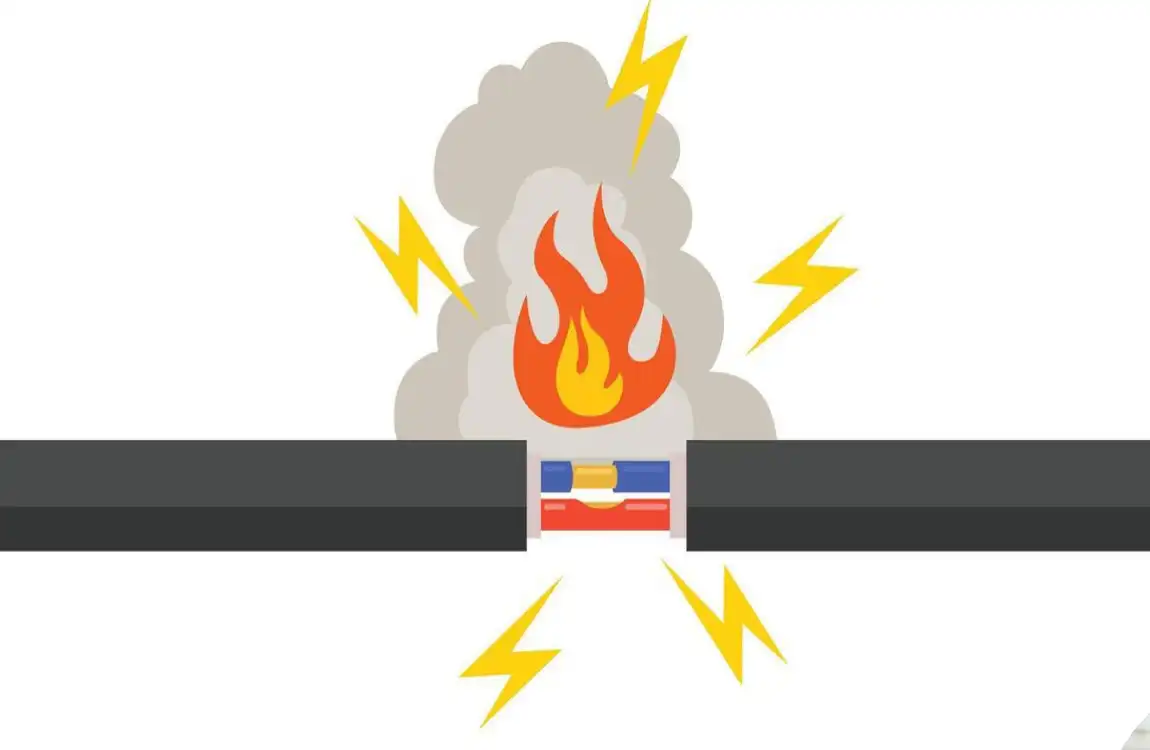
Are surges really the home issue? Let’s talk about the telltale signs. Spotting them early can save you from bigger headaches.
Flickering or Dimming Lights
If your lights flicker like they’re in a horror movie, surges might be to blame. This happens when voltage jumps, making bulbs brighten or dim erratically.
Pay attention—consistent flickering points to ongoing problems. You might notice it more in certain rooms, hinting at localized wiring issues.
Appliances Shutting Down or Malfunctioning
Ever had your TV turn off mid-show or your computer reboot randomly? Surges can force devices to shut down as a protective measure.
Over time, this leads to malfunctions, like a fridge not cooling properly. Keep an eye on patterns; if it happens often, investigate.
Frequent Tripped Circuit Breakers
Circuit breakers are your home’s safety nets—they trip to prevent overloads. If yours flip constantly, surges could be overwhelming the system.
Don’t just reset them; note when and why it happens. It’s your cue to dig deeper.
Buzzing Sounds from Outlets or Devices
A low buzzing or humming from outlets isn’t normal. It often signals electrical arcing, where current jumps gaps, creating surges.
Listen closely—it’s a subtle but profound warning. Ignoring it could lead to damage.
Damaged Electronics or Blown Fuses
The smoking gun: fried gadgets or blown fuses. If your devices die prematurely, surges are likely culprits.
Check for burn marks on plugs or outlets. This damage accumulates, so act fast.
Monitoring these incidents is key. Jot down when they occur—what time, weather, or appliances were in use? This record helps when you call in pros. You’re already taking a smart step by reading this—keep that momentum!
Quick Fixes for Power Surges
Okay, you’ve identified the problem—now what? Here are some immediate steps to tame those surges. These are simple actions you can take today.
Unplug Sensitive Electronics During Storms or Suspected Surges
When a storm brews or you suspect trouble, unplug your valuables. This breaks the circuit, protecting them from spikes.
It’s an easy habit: Think TVs, computers, and chargers. You wouldn’t leave your car out in a hailstorm, right? Same idea for your tech.
Use Surge Protectors on Key Appliances and Devices
Surge protectors act like bodyguards for your outlets. Plug in high-value items, and they absorb excess voltage.
Choose ones with high joule ratings for better home protection. It’s a quick win—grab some from your local store and feel more secure.
Reset Circuit Breakers Correctly
If a breaker trips, don’t just flip it back. Turn it off thoroughly first, then turn it back on—this properly resets it.
Do this sparingly; frequent trips mean deeper issues. You’re empowering yourself with these fixes—great job!
Here’s a quick numbered list of steps to reset a breaker safely:
- Locate your breaker box (usually in the basement or garage).
- Identify the tripped switch—it’s often in the middle position.
- Flip it entirely to “off,” wait 10 seconds, then flip it back to “on.”
- Test the affected outlets or lights to ensure they’re working.
How to Protect Your Home from Power Surges
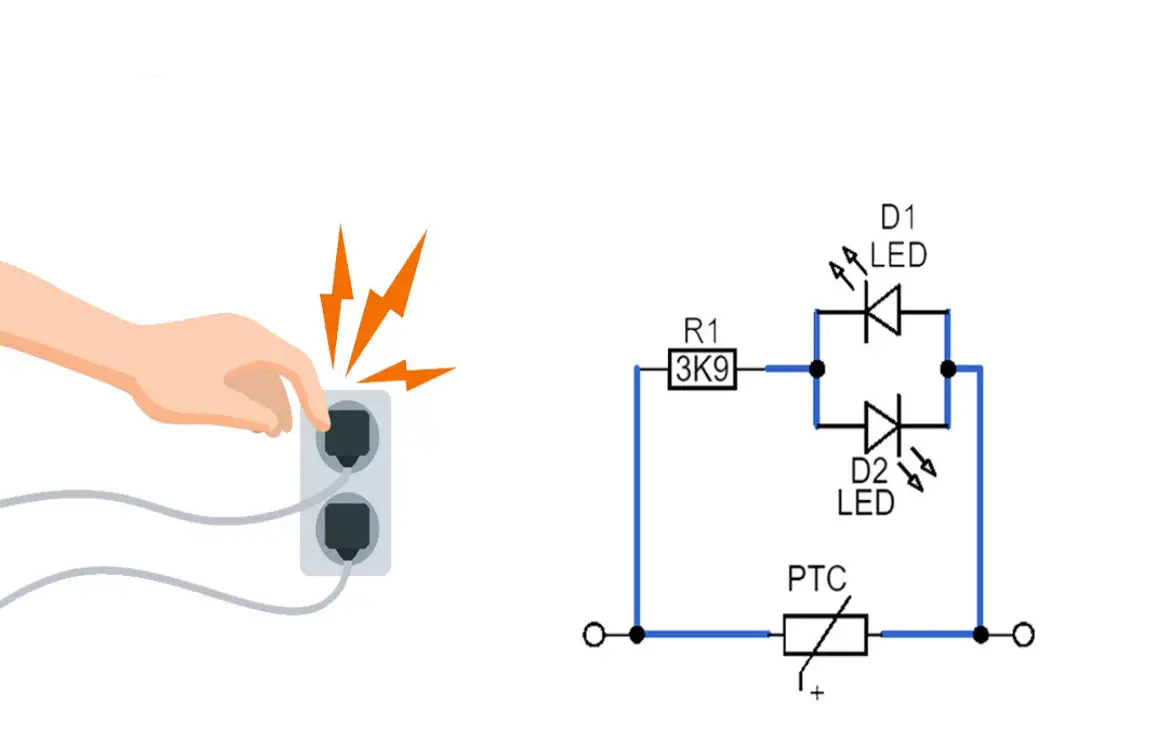
Quick fixes are significant, but let’s think long-term. Protecting your entire home prevents surges from becoming repeat offenders.
Installation and Benefits of Whole-House Surge Protectors
A whole-house surge protector is installed at your main electrical panel, shielding everything at once. It’s like a force field for your home.
Benefits? It catches surges from the grid or lightning before they reach your outlets. Professionals handle installation—worth every penny for peace of mind.
Upgrading Old or Faulty Wiring
If your wiring is outdated, upgrade it. This means replacing old cables with modern, grounded ones that handle today’s loads.
It reduces surge risks dramatically. Hire an electrician; they’ll assess and fix vulnerabilities.
Regular Electrical Inspections and Maintenance
Schedule annual check-ups —like a doctor’s visit — for your home. Electricians spot issues early, from loose wires to overloads.
Maintenance keeps things running smoothly. You deserve a safe home—make this a priority.
Using Quality Surge Protector Power Strips
Not all strips are equal. Opt for those with built-in indicators showing they’re active.
Layer them with whole-house protection for ultimate defense. Your appliances will thank you!
When to Call a Professional Electrician
Some problems are beyond DIY. Know when to bring in the experts.
Signs That Indicate a Serious Electrical Problem
Recurrent surges, burning smells, or sparks from outlets scream “call a pro.” Don’t wait—these could lead to fires.
If quick fixes don’t help, it’s time. You’re smart to recognize this threshold.
Potential Dangers of Ignoring Recurrent Power Surges
Ignoring surges risks electrical fires, damaged property, or even injury. Voltage spikes can overheat wires, posing a hazard.
Think of your family’s safety—proactive is better than reactive.
What to Expect from a Professional Electrical Inspection and Fixes
An electrician will inspect your wiring, test for faults, and recommend solutions such as new panels or protective devices.
Expect a thorough report and fixes that last. It’s an investment in your home’s future.
Preventive Measures to Avoid Future Power Surges
Prevention is the best cure. Let’s build habits that keep surges at bay.
Tips for Regular Electrical Maintenance
Inspect outlets monthly for damage. Clean dust from vents to prevent overheating.
Test GFCI outlets (those with reset buttons) regularly. Small steps add up.
Smart Usage Habits for Electrical Devices
Don’t overload outlets—use one high-power appliance per circuit.
Turn off unused devices to reduce demand. You’re creating a surge-resistant home improvement
Installing Lightning Protection Systems
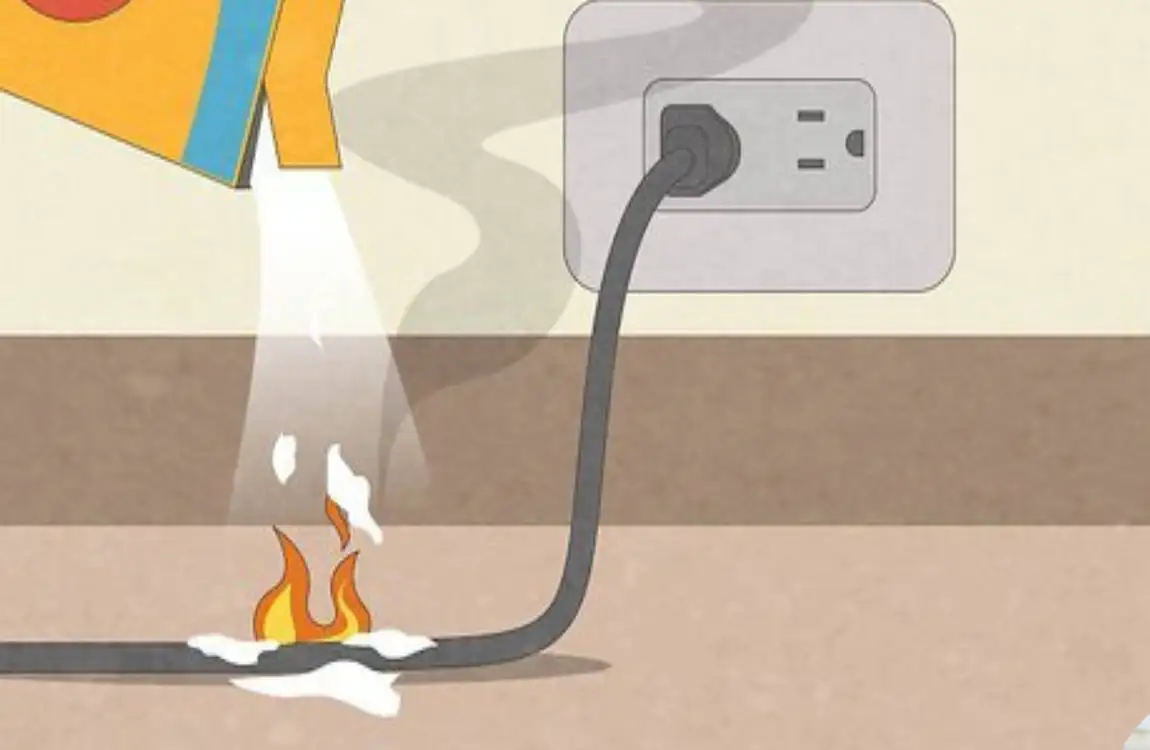
In stormy areas, add lightning rods or grounding systems. They direct strikes safely away.
Preventive Measure Description Benefits Regular Inspections: Annual pro checks for wiring issues. Catches problems early, prevents surges. Smart Device Usage: Avoid overloading circuits. Reduce internal surge risks Lightning Systems Rods and grounding for storm protection, Diverts external threats safely Surge Protectors: Whole-house or strip models. Absorbs spikes, protects appliances

